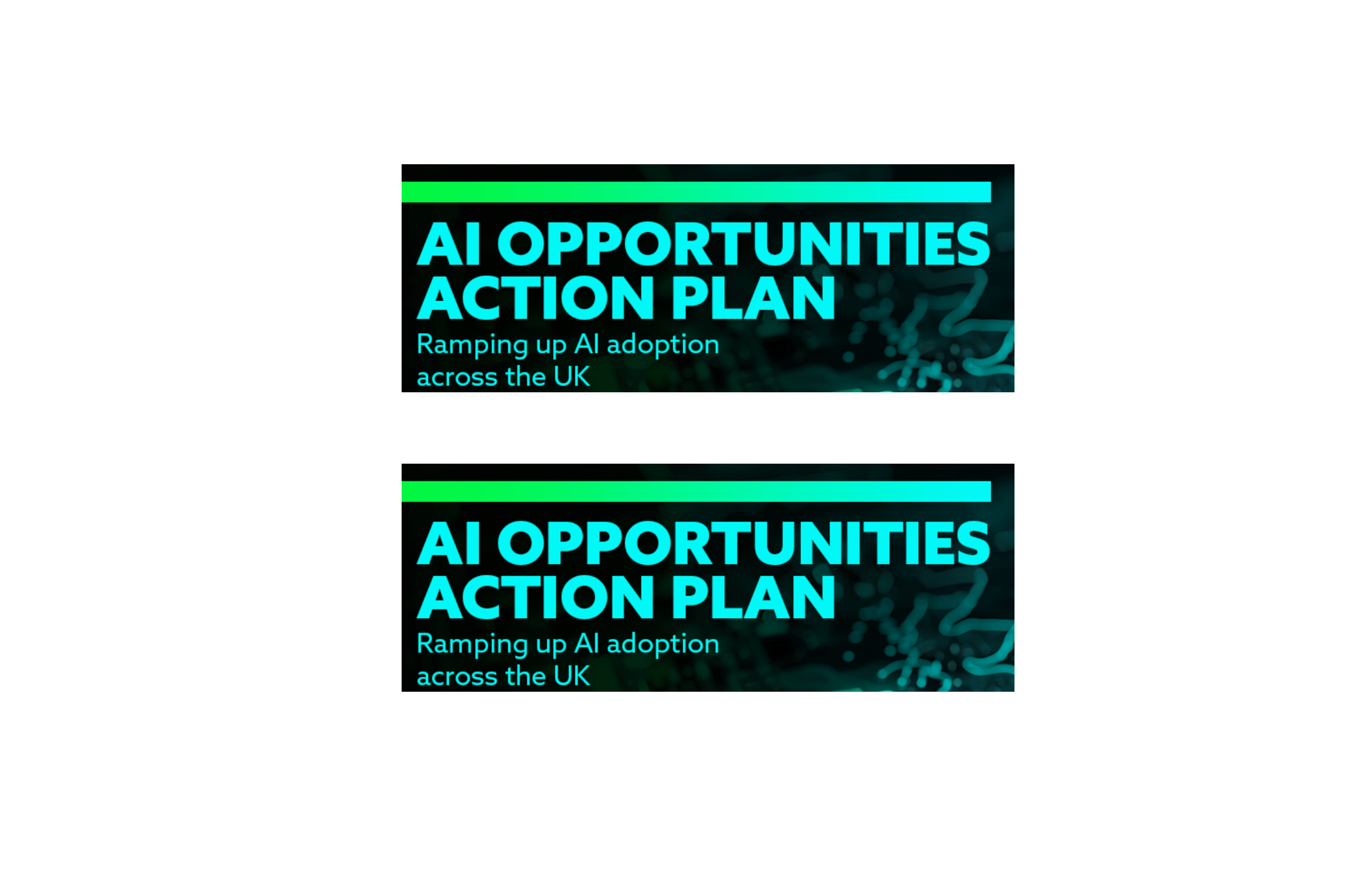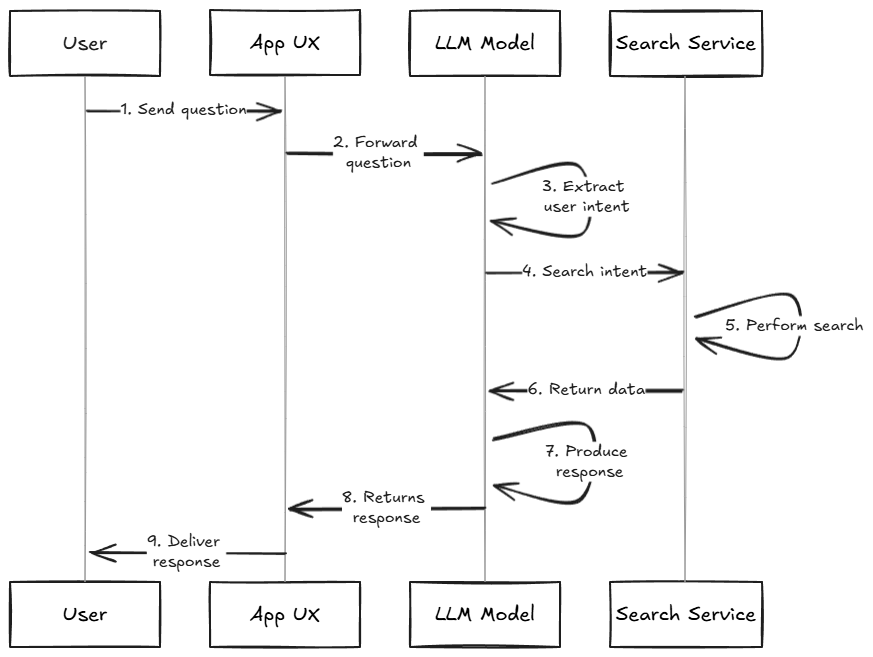What I learned by creating a baby tracking web-app
When my daughter was born we were overjoyed, but as first time parents we were also overwhelmed, newborns are a lot of work! Among other things you need to track their inputs and outputs to make sure they are getting enough food to grow and are staying hydrated. After logging these events in a notebook for a few days then tallying the numbers for the doctor visit, I thought there must be a better way. A spreadsheet and pivot tables did the trick at first with some formulas generated by Copilot. But my software engineer instinct kept me thinking if inputting the data could be easier and could we gain some insights by visualizing the data? This was a chance to use a coding agent I had heard about from Replit, I uploaded the spreadsheet I had created and used the below prompt to create a web app to track these statistics. I made and deployed the site without writing any code or technical direction (no choosing the programming language, tooling or frameworks ), and only a few responses for feedback within 15 minutes. This included a few button clicks for fixing coding mistakes the agent had made, which it used error messages in the logs to come up with fixes for. The app included a form and table for tracking events and charts for data visualizations as well as some tabs for organization and cutesy titles and message. It decided to store the data in a traditional SQL database and I gave it some guidance to use a session ID so users wouldn't overwrite others data. It built this simple C.R.U.D ( Create Read Update Delete) web app no problem, though it was simplistic and a project that a student could easily handle the speed for development was incredible with minor guidance needed Prompt: Hello, I created a spreadsheet to track my newborn daughters activity as we have to track her feeding and excrement schedule. Can you examine the spreadsheet which includes a pivot table to summarize the activity, and create a web application to enter these events with a dropdown for categories 1. I believe AI tools and agents will change how software is made and empower developers more. I use code generation tools and language models through chatbots like Copilot or ChatGPT at work pretty much every day, either Github Copilot for auto-completing routine code that I am writing or automating writing unit tests, to using Copilot to look up syntax when I am working in a language that is not my most used ( Typescript these days). I have found these tools extremely useful for saving me time on simple and repetitive tasks. I continue to find new uses too like creating mock data in a JSON blob from a table I've found. I think agents are the obvious next step in these kinds of tools for code generation, review and automation of systems like CI/CD and give more power to those looking to complete a task without full knowledge of a domain. 2. I also see the obvious potential for a new type of dynamic User Interface. I was impressed by Replit’s agent not only creating code from my description of the app and my spreadsheet but “thinking” of details like naming the app, adding appropriate emojis as decoration and creating some charts to display the data that for the most part made sense. After a few revisions it even added a sleep analysis section to predict my baby’s next nap using Pytorch! This experience drove home to me how other similar tools will in the future create personalized User Interfaces and will with the help of some framework, be able to decide what presentation and interactions may be best for the given data or state of the application. This agent wrote the app and revised it for me, fixing errors with plain English commands without explicit instructions in code. 3. Some caveats though, AI will not take our jobs, it needs supervision to be useful. However as anyone who has used these tools knows they are not without their flaws and often confidently present solutions that are frustratingly incorrect and often sound very plausible. In general I would say I have a 70%ish rate of success for accomplishing what I set out to with these tools, maybe lower for a first pass especially with any task more complex than this simple web app. This is of course getting better and no doubt many people are better than me at the art of finessing accuracy from prompts. Luckily for me I think software development and coding are one of the few areas right now that LLMs live up to the hype due to the verifiablity of the code they generate and the amount of training data available, not to mention it’s what the makers of these tools know best. I always analyze and run code generated by Copilot before using it especially in production systems, and we can think of this as the latest development along the lines of automation that software developers have always implemented akin to IDEs, linting, CI/CD etc. But with more powerful tools we need more oversight. As we rely more on these tools or systems to write and deploy our code what

When my daughter was born we were overjoyed, but as first time parents we were also overwhelmed, newborns are a lot of work! Among other things you need to track their inputs and outputs to make sure they are getting enough food to grow and are staying hydrated. After logging these events in a notebook for a few days then tallying the numbers for the doctor visit, I thought there must be a better way. A spreadsheet and pivot tables did the trick at first with some formulas generated by Copilot. But my software engineer instinct kept me thinking if inputting the data could be easier and could we gain some insights by visualizing the data?
This was a chance to use a coding agent I had heard about from Replit, I uploaded the spreadsheet I had created and used the below prompt to create a web app to track these statistics. I made and deployed the site without writing any code or technical direction (no choosing the programming language, tooling or frameworks ), and only a few responses for feedback within 15 minutes. This included a few button clicks for fixing coding mistakes the agent had made, which it used error messages in the logs to come up with fixes for. The app included a form and table for tracking events and charts for data visualizations as well as some tabs for organization and cutesy titles and message. It decided to store the data in a traditional SQL database and I gave it some guidance to use a session ID so users wouldn't overwrite others data. It built this simple C.R.U.D ( Create Read Update Delete) web app no problem, though it was simplistic and a project that a student could easily handle the speed for development was incredible with minor guidance needed
Prompt: Hello, I created a spreadsheet to track my newborn daughters activity as we have to track her feeding and excrement schedule. Can you examine the spreadsheet which includes a pivot table to summarize the activity, and create a web application to enter these events with a dropdown for categories
1. I believe AI tools and agents will change how software is made and empower developers more.
I use code generation tools and language models through chatbots like Copilot or ChatGPT at work pretty much every day, either Github Copilot for auto-completing routine code that I am writing or automating writing unit tests, to using Copilot to look up syntax when I am working in a language that is not my most used ( Typescript these days). I have found these tools extremely useful for saving me time on simple and repetitive tasks. I continue to find new uses too like creating mock data in a JSON blob from a table I've found. I think agents are the obvious next step in these kinds of tools for code generation, review and automation of systems like CI/CD and give more power to those looking to complete a task without full knowledge of a domain.
2. I also see the obvious potential for a new type of dynamic User Interface.
I was impressed by Replit’s agent not only creating code from my description of the app and my spreadsheet but “thinking” of details like naming the app, adding appropriate emojis as decoration and creating some charts to display the data that for the most part made sense. After a few revisions it even added a sleep analysis section to predict my baby’s next nap using Pytorch! This experience drove home to me how other similar tools will in the future create personalized User Interfaces and will with the help of some framework, be able to decide what presentation and interactions may be best for the given data or state of the application. This agent wrote the app and revised it for me, fixing errors with plain English commands without explicit instructions in code.
3. Some caveats though, AI will not take our jobs, it needs supervision to be useful.
However as anyone who has used these tools knows they are not without their flaws and often confidently present solutions that are frustratingly incorrect and often sound very plausible. In general I would say I have a 70%ish rate of success for accomplishing what I set out to with these tools, maybe lower for a first pass especially with any task more complex than this simple web app. This is of course getting better and no doubt many people are better than me at the art of finessing accuracy from prompts. Luckily for me I think software development and coding are one of the few areas right now that LLMs live up to the hype due to the verifiablity of the code they generate and the amount of training data available, not to mention it’s what the makers of these tools know best.
I always analyze and run code generated by Copilot before using it especially in production systems, and we can think of this as the latest development along the lines of automation that software developers have always implemented akin to IDEs, linting, CI/CD etc. But with more powerful tools we need more oversight. As we rely more on these tools or systems to write and deploy our code what happens when things go wrong? Can we break open the hood to give more explicit instructions or evaluate the technical decision made by these machines? How
much control matters if we get close to the desired output with a fraction of the effort? I suppose by the time my daughter becomes a software engineer we will see ;)
Link to the deployed app: https://baby-tracker-ziechmann.replit.app/



















